According to Domo’s Data Never Sleeps 10.0 infographic1, a visual representation of the amount of data we generate every waking minute. The data we are generating and consuming is becoming increasingly considerable, and there is no sign of slowing down anytime soon. Here are some of the statistics on the amount of data we generate every minute on the internet:
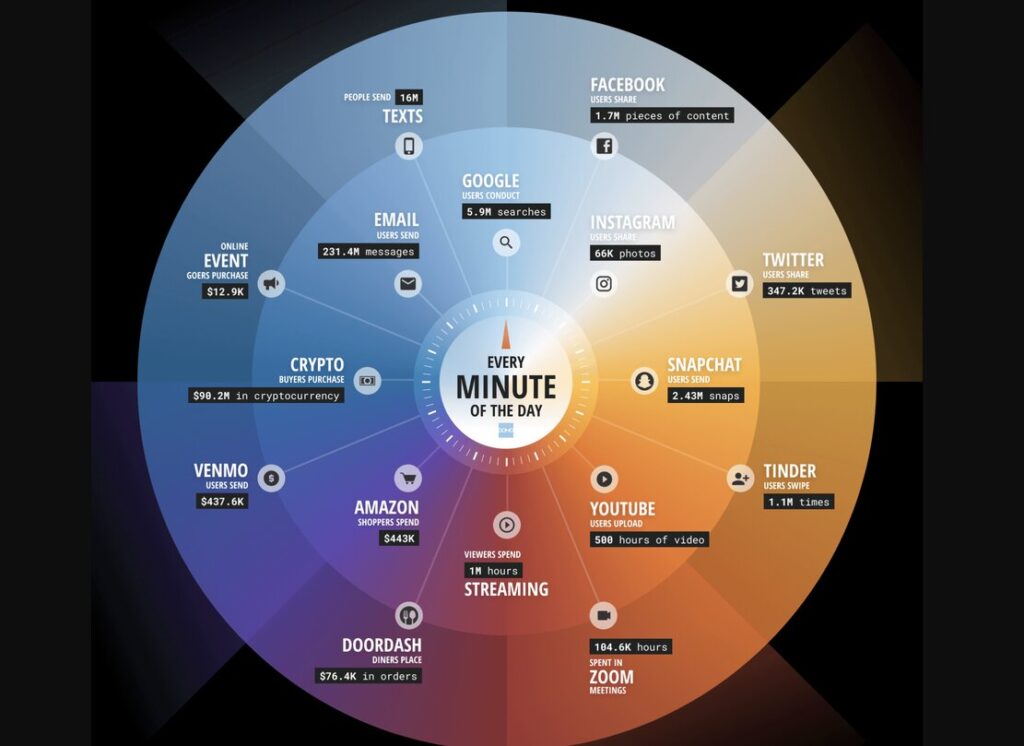
- Text messages sent per minute: 16 M
- Email Sent per minute: 231.4 M messages
- Google search conducted per minute: 5.9 M searches
- Facebook: 1.7 M shares pieces of content
- Instagram: 66 K photo share per minute
- Twitter: 347.27K tweets per minute
- Snapchat: 2.43 M snaps per minute
- Tinder: 1.1 M swipes per minute
- YouTube: 500 hours of video upload per minute
- Zoom: 184.6K hours spent in Zoom meetings
- Viewers spend 1M hours streaming video per minute
- Doordash: $76.4K in orders minute (Diners Place)
- Amazon: Shoppers spend $443K per minute
- Venmo: Users spend $437.6K per minute
- Crypto: Buyers purchase $90.2M in cryptocurrency per minute
- Online Event goers: $12.9K purchase per minute
According to Statista, the total amount of data created, captured, copied, and consumed globally in 2020 was 64.2 zettabytes, 97 zettabytes in 2022 and the global data creation number is projected to grow to more than 180 zettabytes in 2025.
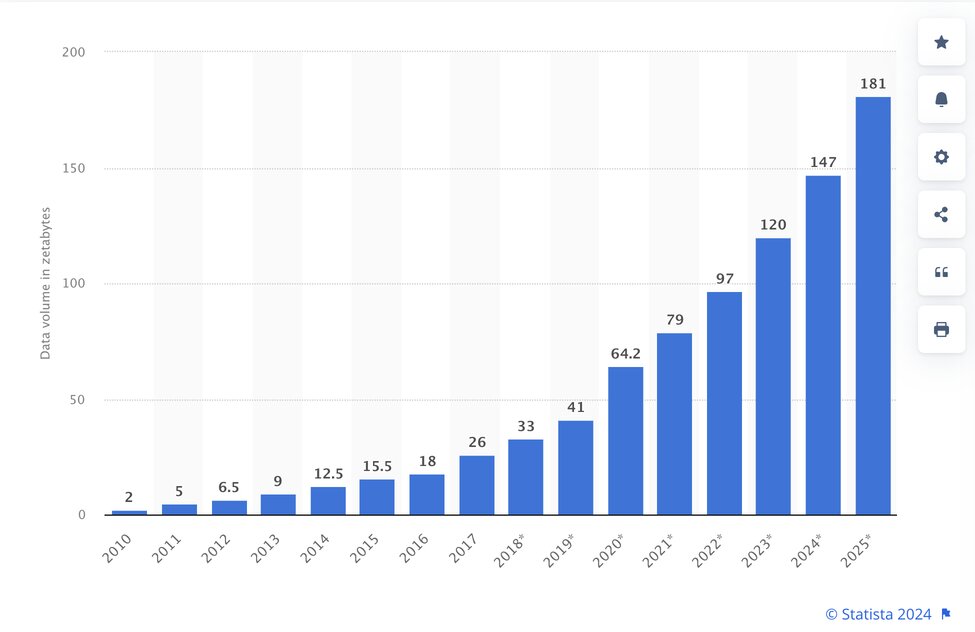
We spend an average of 3 hours and 15 minutes on our phones, and the top 20% of smartphone users have daily screen time of over 4.5 hours. 3 According to the latest research from the consumer research company GWI, social media users now spend an average of 2 hours and 23 minutes daily on social media platforms and a typical internet user spends 6 hours and 40 minutes online each day. 4 The Digital 2024 Global Overview Report 5 estimates that humanity will spend 500 million years using social media in 2024.
Humanity will spend 500 million years using social media in 2024.
The statistics are staggering; we spend about 1/4th of our waking hours online. We are all glued to our smartphones, screens and gadgets, consuming and creating content. The amount of time we spend on these platforms and our devices is becoming alarming. With the state of affairs, it seems we have gotten to a state of pandemic with our use of our devices. Because of this, I have taken some rather drastic measures to guard my precious time against the algorithms. It’s been tough, but desperate times call for desperate measures.
Here are some of the approaches I have used to reduce my screen time:
- Digital Minimalism 6: In 2018, I deactivated my personal Facebook account, deleted Twitter (X) and Instagram. Before deleting the apps, I never installed them on my phone; hence, my use was limited to using them on the web.
- Schedule time away from the screen 7: One of my new favourite tools to use on the iPhone is the downtime settings. With the feature, one can block apps and notifications for periods when one wants to be away from one’s device. I usually don’t check my phone for the first 6-7 hours of waking up, and the iPhone limit setting is to thank for that discipline.
During downtime, only calls, messages, and apps you choose to allow are available. You can receive calls from contacts you’ve selected to allow communication with during downtime, and you can use apps you’ve chosen to allow at all times.
- No phone use an hour before sleep: One other strategy I recently started implementing is the “No phone use an hour before bed” rule. I try not to use my phone an hour before I sleep. I try to read a hardcover book or a book on my Kindle.
It is tough implementing some of these personal limits and boundaries; it is a constant battle to stay focused in an age where engineers are developing algorithms that are becoming more sophisticated. The battle for our attention through our smartphones, social media platforms, multiple gadgets, and the internet will only get more intense. Spending 1/4th of my time on the internet is not something I am personally optimizing for. We are going to spend at least 1/3rd of our lifetime sleeping. When everything is said and done, our time is our life; how we spend it is how our life turns out.
Meditations
Daily Calm with Tamara Levitt – Stretching
In our everyday life, our mind is constantly shifting between the present, past and future. We ruminate on the events of the past while fixated on contemplations of the future. All the while overlooking what is right in front of us.
Mindfulness is awareness that arises through paying attention, on purpose, in the present moment, non-judgementally. – Jon Kabat-Zinn
Podcast
- Jay Shetty: How to Have Conversations That Will SAVE Your RELATIONSHIP! (No One Talks About THIS!)
All the best in your quest to get better. Don’t Settle: Live with Passion.
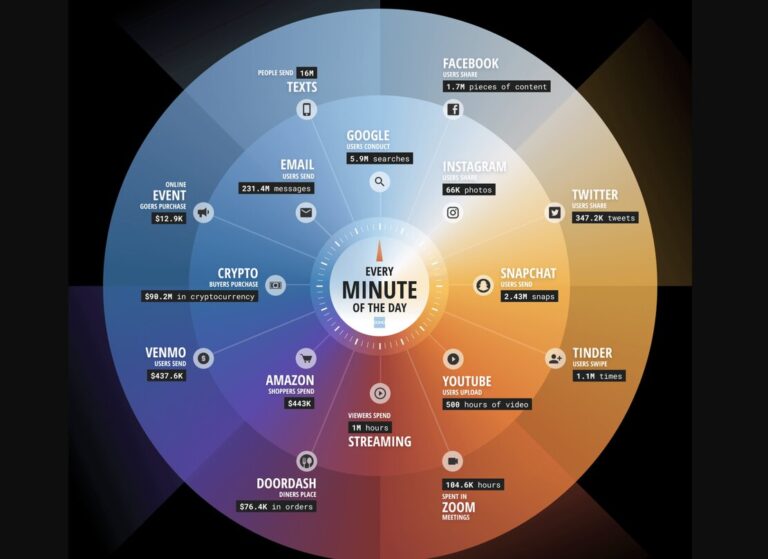
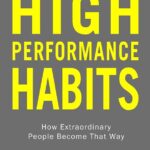
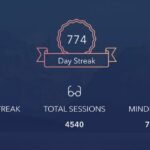
Comments are closed.